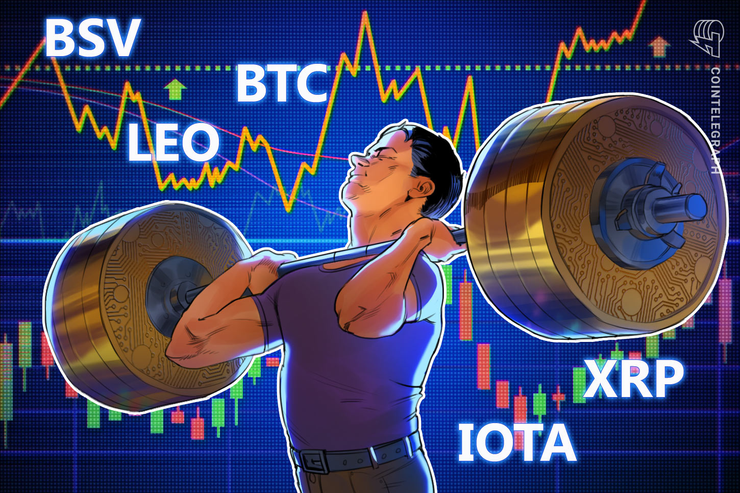Introduction to Liquidity Providers in Forex
In the world of forex trading, liquidity providers play a pivotal role in ensuring smooth and efficient transactions. These entities facilitate the buying and selling of currencies by offering a continuous stream of prices and volumes.
Understanding the Importance of Liquidity Providers
Liquidity is essential in any financial market, including forex. It refers to the ease with which an asset can be bought or sold without causing significant price changes. Liquidity providers enhance market efficiency by offering tight spreads and ample depth of market.
Types of Liquidity Providers
Tier-1 Banks
These are large financial institutions that serve as the primary liquidity providers in the forex market. They offer competitive pricing and deep liquidity due to their extensive networks and capital reserves.
Non-Bank Market Makers
Non-bank market makers are specialized firms that provide liquidity independently of traditional banks. They often compete with banks by offering tighter spreads and faster execution speeds.
Electronic Communication Networks (ECNs)
ECNs are electronic platforms that match buy and sell orders from various market participants. They aggregate liquidity from multiple sources, including banks, institutions, and retail traders, resulting in enhanced price transparency and order execution.
Characteristics of a Good Liquidity Provider
Tight Spreads
A good liquidity provider offers narrow spreads, minimizing the cost of trading for market participants.
Depth of Market
Depth of market refers to the volume of buy and sell orders available at different price levels. A reputable liquidity provider ensures ample liquidity across various price points, reducing the risk of slippage.
Low Latency
Low latency is crucial for swift order execution. A reliable liquidity provider utilizes advanced technology and infrastructure to minimize latency, ensuring timely trade execution.
How Liquidity Providers Operate
Liquidity providers continuously stream prices and volumes to the market, updating quotes in real-time based on market conditions. They stand ready to buy or sell currencies at quoted prices, effectively acting as counterparties to traders’ orders.
Liquidity Providers List in Forex
Some prominent LP in forex market include major banks like Deutsche Bank, Barclays, and JP Morgan, as well as non-bank market makers such as Citadel Securities and XTX Markets.
Introduction to Crypto Liquidity Providers
In the rapidly evolving world of cryptocurrencies, liquidity providers play a crucial role in facilitating trading activities across various digital asset exchanges.
Differences Between Traditional and Crypto Liquidity Providers
While the fundamental principles remain the same, crypto liquidity providers operate in a vastly different ecosystem characterized by decentralized exchanges, blockchain technology, and volatile price movements.
Factors to Consider When Choosing a Crypto Liquidity Provider
Regulatory Compliance
Ensure that the liquidity provider adheres to relevant regulations and compliance standards to mitigate risks associated with the crypto market.
Security Measures
Evaluate the provider’s security protocols and infrastructure to safeguard against potential cyber threats and asset theft.
Liquidity Depth
Choose a liquidity provider with sufficient depth in the crypto market to ensure smooth order execution, especially during periods of high volatility.
Liquidity Providers List in the Crypto Market
Popular crypto liquidity providers list firms like B2C2, Cumberland, and Jump Trading, which offer liquidity across a wide range of digital assets and trading pairs.
Conclusion
Liquidity providers play a vital role in both traditional forex markets and the burgeoning crypto landscape. By offering tight spreads, deep liquidity, and efficient order execution, they enhance market liquidity and facilitate seamless trading experiences for market participants.
FAQs
1. What are liquidity providers in forex?
Liquidity providers are entities that facilitate trading in the forex market by offering continuous prices and volumes, enhancing market efficiency.
2. How do liquidity providers differ from market makers?
While liquidity providers facilitate trading by offering liquidity, market makers actively buy and sell assets to profit from the spread.
3. What factors should I consider when choosing a liquidity provider?
Key factors to consider include tight spreads, ample liquidity, low latency, regulatory compliance, and security measures.
4. Are liquidity providers essential for crypto trading?
Yes, liquidity providers play a crucial role in the crypto market by offering liquidity, enhancing price discovery, and improving order execution.
5. Can retail traders access liquidity providers directly?
In most cases, retail traders access liquidity providers indirectly through brokers or trading platforms that aggregate liquidity from multiple sources.


















Follow Us